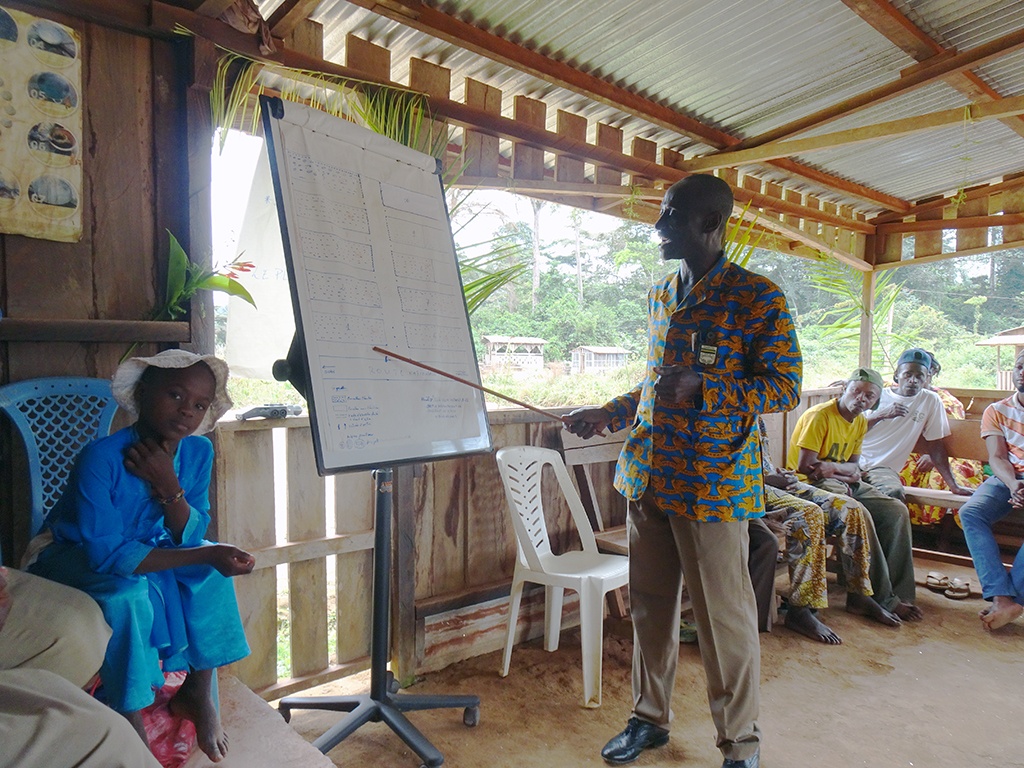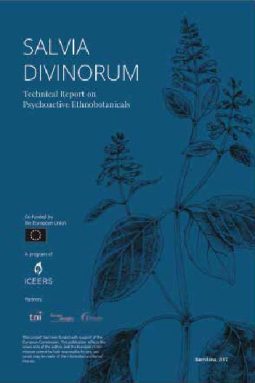Ricard Faura, Andrea Langlois | February 2021
Iboga/ine Community Engagement Initiative Phase 2
Harnessing a collective vision
It is hard to walk a path you cannot see. A collective vision can serve as a guiding light, supporting community leaders, visionaries, practitioners, and policy-makers as we navigate through unknown terrain. It helps us remain focused on a future even though the exact path there is not yet fully illuminated. The purpose of the Iboga and Ibogaine Community Engagement Initiative was to engage with the global community to crowdsource opinions and ideas about what an ideal future looks like for iboga and ibogaine in global society.
This initiative was conducted in two phases. Phase 1 (read the report) included a global engagement conducted primarily online and through video conferencing in order to assess current key issues and to develop a collective vision. This report also presented findings that provide insights into various aspects of iboga and ibogaine globally, yet because of digital limitations there were only a few perspectives from Central Africa.
Phase 2 included a more in-depth engagement in Gabon. Developing a collective vision required harnessing the knowledge that lives in various sectors of the Gabonese communities and we are grateful to all who participated. Desires for the future are aspirations, and to build these we draw on the perspectives of the 56 people interviewed and 13 communities we visited in Gabon. Among other questions, we asked, “What is the future you would like to see 10 years from now?”
Visions from the iboga and ibogaine community
One of the most inspiring visions is for a future where all actions related to iboga in Gabon are informed by a shared vision for the regeneration of sacred forests.
When we visited Gabon and asked about the relevance of iboga in people’s lives, this question was often met with surprise. Why place iboga at the center? In Gabon, iboga is not necessarily discussed outside of spiritual matters and rites of passage, and more specifically outside of Bwiti, which is the ancestral spiritual tradition of the people of Gabon. Iboga, although very important in itself, seems not to be so central to beliefs and practices, but rather a part of the whole.
This points to an important perspective that we encountered again and again – that iboga is part of a healing system that includes the forest and communities. It is not about a substance, an alkaloid, nor an individual.
Bio-cultural sustainability
Bio-cultural sustainability of iboga is of great concern. Tabernanthe iboga has traditionally grown freely and abundantly in the forests of the Congo Basin. Therefore, communities have never needed to cultivate it. While communities in rural areas do not seem to be very worried about access to iboga, concern about its increasing scarcity is greater in the urban areas of Gabon.
The shortages that are being experienced in some areas is a new phenomenon that is leading to an unprecedented situation in which there is a growing need to cultivate iboga. This report provides insight into cultivation initiatives and the current policy context around the exportation of iboga from Gabon.
Iboga speaks: we are all connected
One of the clearest messages to emerge from this project was that iboga speaks to whomever wants to connect with and is able to hear it. Another key message was that word of its gifts is travelling—and that those who have stewarded it for generations have knowledge that they would like to share with the world. The Pygmy and Bantu peoples who stewarded this plant and its spirit for so many generations assure us that they are here to share their sacred legacy with the world, and as they say, “Help save humanity.”
This message comes with an important request – that if we accept this help, we must do so with great respect and truly act reciprocally with those who have graciously shared their relationships with this sacred plant so that we can also learn.
While it may not always be obvious, iboga and its main alkaloid, ibogaine, build connections between diverse individuals, groups, and subcultures, bringing us together into a global network of which you are also a part. If an individual, or the whole world, wants to benefit from iboga, they must play their part to ensure that the plants and the cultures that sustain them are protected and regenerated and sacred reciprocity must guide their actions.
This report on iboga community points to some of the ways that this can be done and there will surely be an evolution in what these cross-cultural relationships look like. We have long known that the well-being of individuals is intimately interconnected with the well-being of communities and societies. This is why without reciprocity there will never be healing, or in other words, reciprocity is a powerful path to healing.
In collaboration with…
This project was made possible thanks to an invaluable collaboration with Blessings Of The Forest, who organized a number of field visits, arranged interviews with several key informants, and accompanied the ICEERS team and the film crew. Together with Ebando, they generously contributed their expertise and network, and were indispensable cultural advisors. The project also benefited from the valuable collaboration of documentary filmmaker Lucy Walker and her production team, with whom we travelled during parts our Gabon field visit.
Thanks to the iboga community
This project came to fruition thanks to the generosity of many people who have lent their voices to the choir that comes together in this report. Our gratitude is extended to them all. For a full list of interviewees and participants, please reference the report.
Hear voices direct from Gabon by watching this video playlist featuring the voices of those we interviewed:
▫️ Aristide Nguema de Blessings Of The Forest
▫️ N. Debora (Maman D), mère spirituelle Bwiti, sur l’iboga
▫️ Daniel Laoundé Gensdedieux (Tata Rekako), sur l’iboga qui éveille l’esprit
▫️ Daniel Laoundé Gensdedieux (Tata Rekako), sur l’utilisation de l’iboga par les étrangers
▫️ Jean-Moïse Mouirou (Makonza) partage un message sur l’iboga
▫️ Magamou Vincent (Rekado) sur la façon de replanter l’iboga
▫️ Blandine Akendengue sur l’iboga et le Protocol de Nagoya
Categories:
NEWS
, Iboga and ibogaine
, RESEARCH & INNOVATION
Tags:
ibogaine
, iboga
, Gabon
, Tabernanthe iboga


